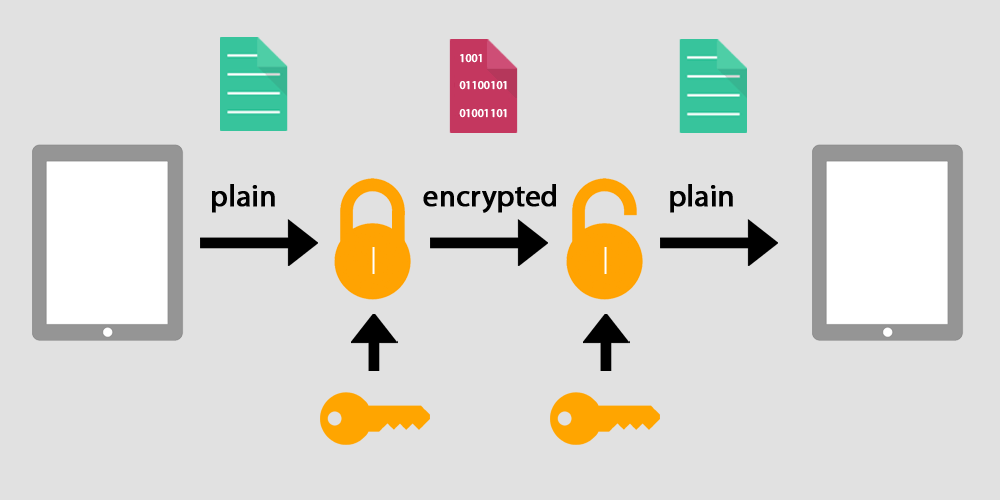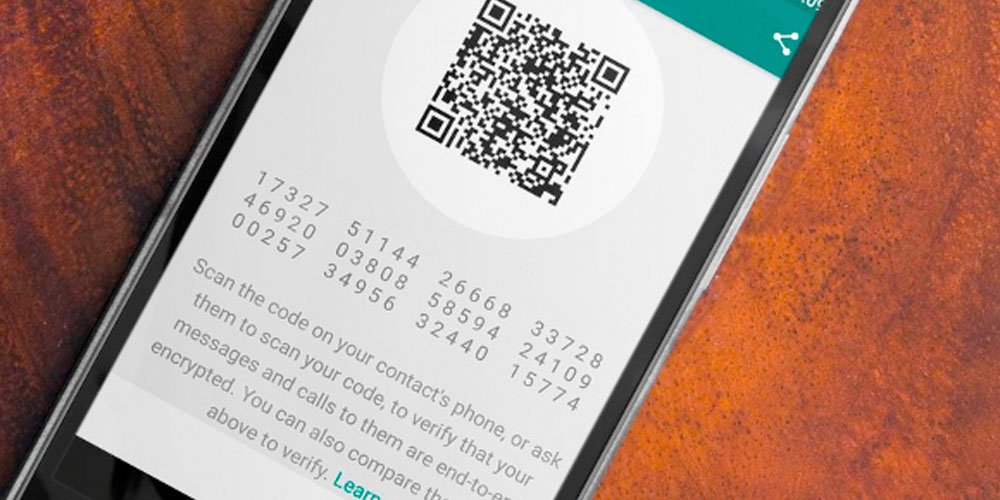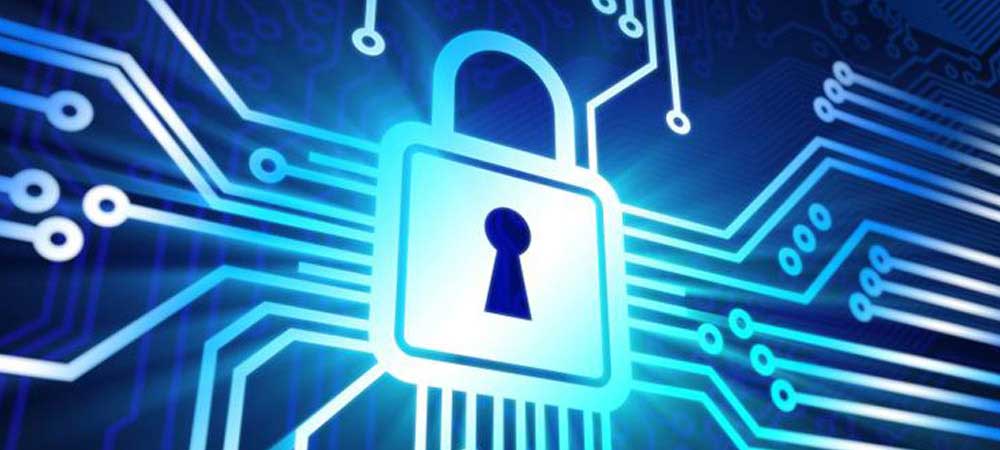End-to-end encryption (E2EE) is where communications are encrypted. The system that allows only the communicating users to read messages, has become something in common, particularly on services that want to prevent potential eavesdroppers.
The system uses encryption keys that are only known by the communicating parties. To achieve this goal, the system must first encrypt the data using a pre-arranged string of symbols that are called pre-shared secret (PGP), or a one-time secret key using Derived Unique Key Per Transaction (DUKPT).
The communicating parties exchanges the keys so they can encrypt and decrypt messages where the data inside is only known to them.
The rise of E2EE in apps, for example on WhatsApp, Telegram and Signal, has made them popular on their own ways. By encrypting messages when they're sent to then decrypt them when they arrive, made the system able to defeat attempts by surveillance and tampering because no third-parties can decipher the data being sent or stored.
The increasing usage of E2EE also highlights how the community is growing a huge concern about their data privacy. Its popularity has also changed how startups, businesses and tech giants operate (is and need).

E2EE Becoming A Norm
While not everything uses E2EE for encrypting and decrypting messages, what seems like a hot topic of discussion will someday become the norm in times to come.
In the wake of governments spying on its citizens; the government's surveillance program revealed by Edward Snowden; and companies able to give the data when asked by the authorities, the E2EE system should provide users the additional control of their privacy and security.
Companies themselves can be relieved because they themselves can't read the data although they're having them.
Further reading: U.S. Tech Companies Can't Take Anymore Spying
Becoming A Norm And A Must
As more data are transmitted along the wires and wirelessly, the more eavesdroppers out there are eager to get their hands on them. As connectivity and security risks grow, so will the need to stay protected.
There are more companies and developers that start providing E2EE system, and here they're seen to be prioritizing privacy above anything else.
Encryption is a start in the right direction for securing privilege and confidential information between devices. When data are transmitted, there is always the risk that there is someone in the middle that can listen to the conversation. As E2EE becomes a norm, any communication intercepted by them will only come gibberish and unreadable.

Data = Currency
Tech companies thrive on data. As E2EE still needs time to become mainstream in businesses, companies have to learn more about how the system would apply to what they're trying to do. Will encrypting user data be against their objective?
Many companies have used some sort of encryption to protect their data. But at some point, they also fear encryption because of the possibilities of losing the data in the worst case scenario. But here, E2EE is more of a consumer-level implementation. So this shouldn't be a direct disaster to them.
Data has become a currency, and anyone who poses it can have a huge advantage. But as technologies evolve and more data becomes available, securing data will continue to become increasingly fundamental because users themselves are needing it.
No one wants their personal data leaked to the wrong hands. WhatsApp is one of the most widely-used messenger, and by offering E2EE encryption, it has scored big points in keeping users engaged and giving the sense of security.
Related: When Things Are Free On the Internet, They Aren't "Free". Your Data Is Expensive
Against All Odds
Many of us use our smartphones daily. From mere online browsing to chatting and storing photos, videos to work-related subjects. The more we use our phones, the more of our data are stored inside them. With 24/7 online ability, the world seems to shrink to the palm of our hands, and there is where the concern happened.
People store too many things on their devices, and they tend to be reckless in managing them. For example, they install certain apps to aid them in doing tasks without concerning how the developers of the app will manage or see, or even use that data.
But thanks to the media for bringing all of these data breaches and government actions to light, people are becoming more aware of the condition.

While more and more people are starting to be aware of privacy leak, however, not that many people really know how to prevent their data from leaking. High-profile figures in entertainment, businesses and governments are frequently targeted by hackers. They have "hot" data that can be sold for a high price, or have information that are indeed interesting to know.
With more apps and software using end-to-end encryption, consumers can feel safer and more secure in storing and sharing their data, without having the provider, government, the developers or the companies that created the medium, to know what they're saying.
But still, no encryption is 100 percent perfect and there is always a flaw that is waiting to be uncovered. People using E2EE encryption still have the risks where one end point device can be hacked and the encryption key stolen. But that is still seen as a manageable security issue. So although encryption isn't foolproof, preventing a sensitive data breach should be a top priority for any company.
There is definitely a huge advantage in using E2EE, and any further adoption of the system will totally be beneficial for end-users. Companies that don't focus on end-to-end encryption will gradually lose the trust of users.